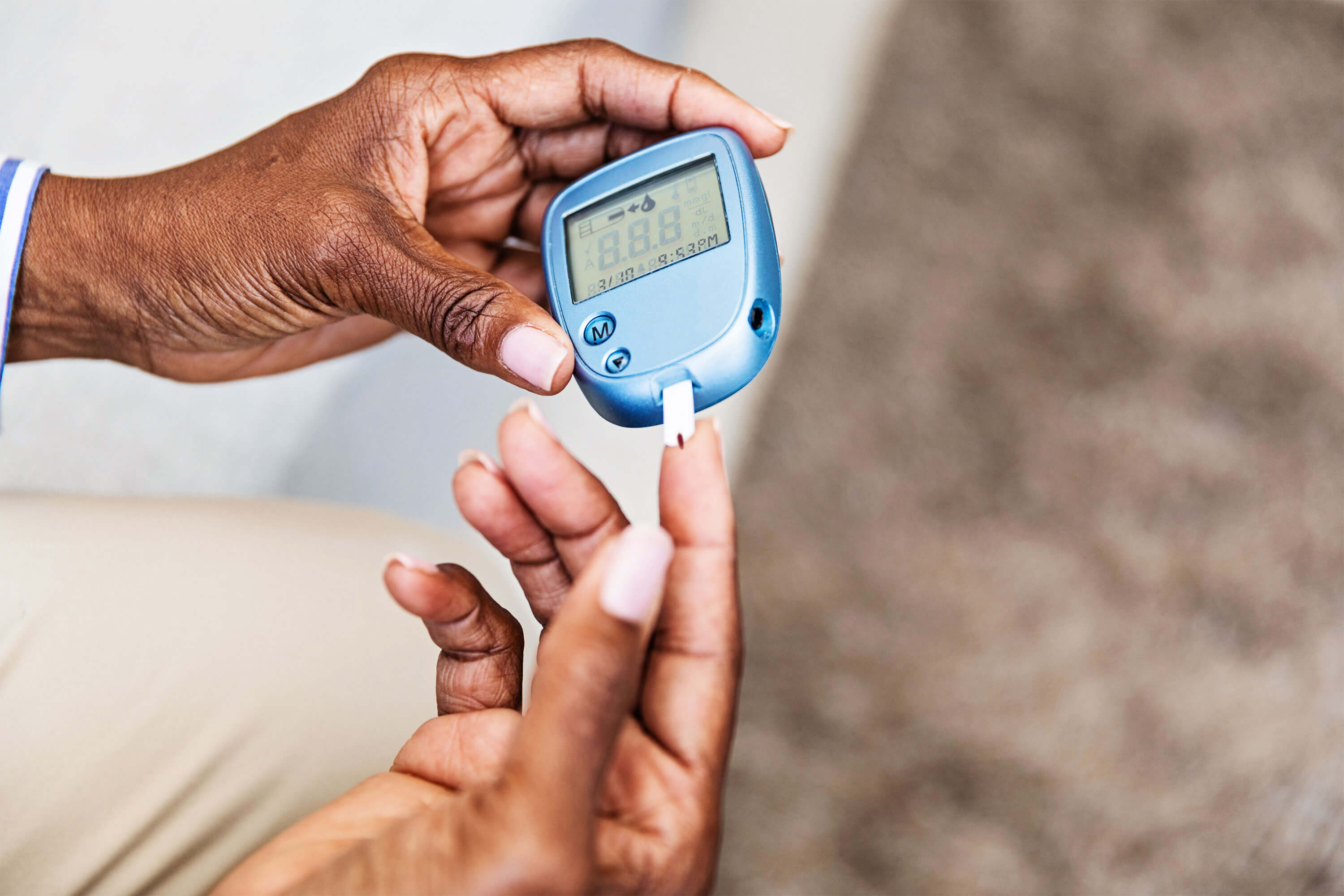Childhood bullying may up heart disease: study
Mon 13 Mar 2017, 11:30:32

Children who are bullied may experience lifelong health effects related to chronic stress exposure such as increased risk for heart disease and diabetes in adulthood, new research has found.
Recent advances in understanding of the negative health effects of chronic stress highlight a pressing need to clarify the longer-term health implications of childhood bullying, researchers said."Bullying, as a form of chronic social stress, may have significant health consequences if not addressed early," said Susannah J Tye, from the Mayo Clinic in the US.
"We encourage child health professionals to assess both the mental and physical health effects of bullying," said Tye."Bullying has been linked to an increased risk of psychiatric disorders, although there are still questions about the direction of that association," researchers said.
Bullied children also have increased rates of various physical symptoms - recurrent and unexplained symptoms may be a warning sign of bullying.
"It is important that we appreciate the biological processes linking these psychological and physiological phenomena, including their potential to impact long-term health," Tye said.
Studies of chronic stress exposure raise concerns that bullying may have lasting effects on physical health.Any form of continued physical or mental stress can put a strain on the body, leading to increasing "wear and tear."
This process, called
allostatic load, reflects the cumulative impact of biological responses to ongoing or repeated stress—for example, the "fight or flight" response.
allostatic load, reflects the cumulative impact of biological responses to ongoing or repeated stress—for example, the "fight or flight" response.
"When an individual is exposed to brief periods of stress, the body can often effectively cope with the challenge and recover back to baseline," Tye said."Yet, with chronic stress, this recovery process may not have ample opportunity to occur, and allostatic load can build to a point of overload," she said.
"In such states of allostatic overload, physiological processes critical to health and well-being can be negatively impacted," she added.
With increasing allostatic load, chronic stress can lead to changes in inflammatory, hormonal, and metabolic responses.
Over time, these physiological alterations can contribute to the development of diseases - including depression, diabetes, and heart disease - as well as progression of psychiatric disorders.
Early-life stress exposure can also affect the way in which these physiological systems respond to future stressors.This may occur in part through epigenetic changes—alterations in gene function related to environmental exposures—that alter the stress response itself.
Chronic stress may also impair the child's ability to develop psychological skills that foster resilience, reducing their capacity to cope with future stress.
The research appears in the journal Harvard Review of Psychiatry.
No Comments For This Post, Be first to write a Comment.
Most viewed from Health
AIMIM News
Latest Urdu News
Most Viewed
May 26, 2020
Should there be an India-Pakistan cricket match or not?
Latest Videos View All
Like Us
Home
About Us
Advertise With Us
All Polls
Epaper Archives
Privacy Policy
Contact Us
Download Etemaad App
© 2026 Etemaad Daily News, All Rights Reserved.

























.jpg)
.jpg)
.jpg)


